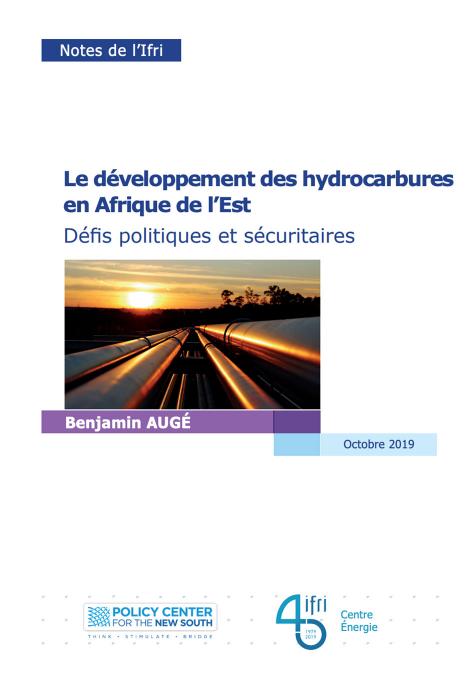Publications /
Policy Brief
Africa has not been spared from the economic and political consequences of the COVID-19 pandemic. Acting as a catalyst for decreased job opportunities at home and increased foreign-born unemployment rates in host economies, COVID-19 will most likely affect the overall economic conditions of migrants and reinforce the root causes of irregular mobility. On the political side, narratives that feed the fear of ‘outsiders’ can be easy to disseminate in times of crisis when the economy slows and inward-looking social and economic policies appear to be the safest. Escaping the blind alley will require coordinated policy approaches. First, immediate protection for migrants and asylum seekers at the closed borders of countries should be provided. Then long-term policies to tackle the social and economic vulnerabilities in these countries should be developed.








